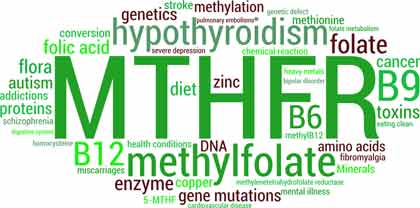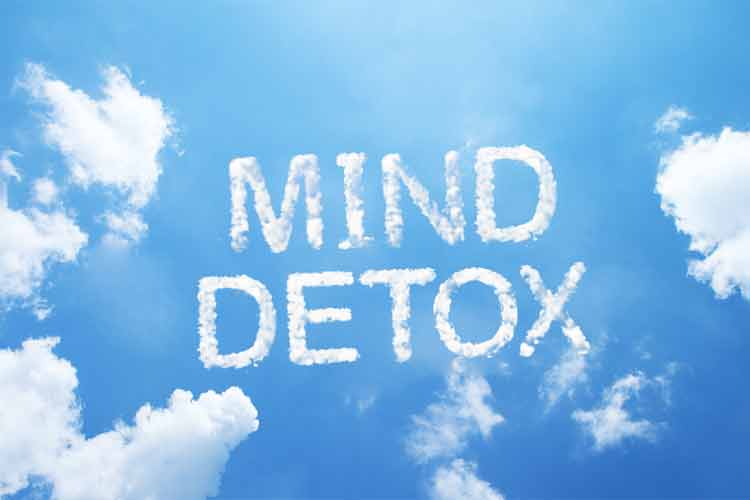Your mind is as susceptible to toxins as your body; find out how cleansing yourself of negativity can help to improve your health.
Rethinking your diet is an important part of detoxifying your body, but the cleansing process does not stop there. Health practitioners no longer overlook the inextricable link between body and mind, whereby mental and spiritual health clearly has an impact on overall well-being and vice-versa. When undertaking a detox diet many people neglect to consider the impact of mental toxins, such as stress and negativity, on their state of mind. Clearing your mind is as important as cleansing your body.
Research shows that the cells that convey emotions to the brain are also present in the immune system; chemical messengers from these cells connect the immune, nervous and endocrine systems. Your emotional state has a profound impact on your health and for this reason a positive attitude is an essential part of detox, continue reading.
There are various types of mental toxins:

• Stress. Stress wears you down, making you susceptible to illness and leaving you irritable and depressed. This can seriously affect mental functioning and concentration.
• Anger. A short temper, mood swings and frequent tearful outbursts are all sings that you need to deal with your anger.
• Fear. Fear generated by rising to a challenge or facing up to responsibility can be paralysing. To rid yourself of this toxin you must identify your fears and face up to them.
• Negative thinking. Research has shown that people who maintain a positive attitude suffer from fewer viral infections and have a stronger immune system than those who don’t.
There are a number of small changes that you can easily make to your lifestyle to help you keep your mind free from mental toxins.
Meditation can be an important part of emptying your mind. It is a useful tool for achieving relaxation and also for teaching the mind to focus on what is important, rather than being weighed down by everyday stresses and distractions. By mastering this technique you can teach yourself to control your state of mind and eventually the way you react to different situations.
Good-quality sleep is a vital part of your mental health, since it is only when you go to sleep that your mind has a chance to partially shut down and reorder itself – discarding useless data and ‘uploading’ important information. Sleep also gives your mind a chance to process emotional data.
As you sleep, your mind works through subliminal scenarios in the dream state and then conveys their significance to the conscious mind. You can only reach your dream state when you’re experiencing deep sleep, so make sure you invest in a good, comfortable bed and that your surroundings are conducive to good-quality sleep. Finally, make sure you get plenty of early nights – sleep deprivation is a mental toxin in itself.

With a little effort, you will find it is possible to transform the way you think about yourself. Very often, people get into the habit for feeling sorry for themselves and dwelling on their negative feelings. This can become a vicious cycle as it means that you begin to overlook the positive elements of your life. Try focusing on the good things; this could be anything from noticing a beautiful sunset to showing more appreciation for your friends. Try to nurture your emotions by praising yourself daily.
Laughter is still the best medicine – you should make time for some fun everyday.
Taking time out from the everyday stresses of life makes an important contribution to the goal of achieving mental peace. You can nurture your mind by doing something peaceful and far removed from your hectic daily routine.
This might involve something as simple as sitting quietly for a few minutes, listening to some calming music, taking a walk in the fresh air or treating yourself to a relaxing massage. Choose an activity that best suits your mood and tastes.


